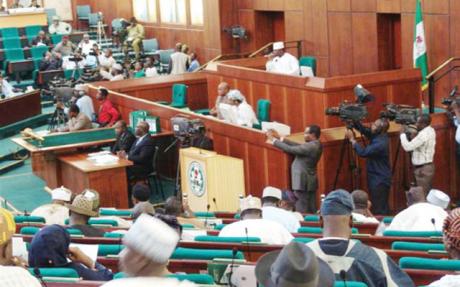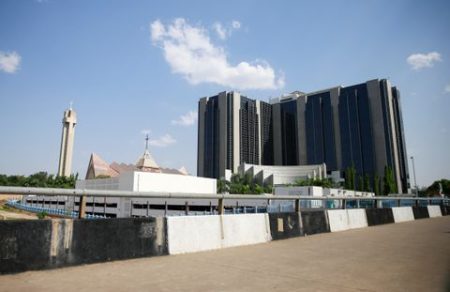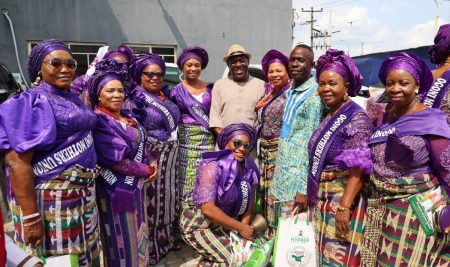
Mkpoikana Udoma
Port Harcourt — A bill seeking to amend the Petroleum Industry Act, PIA 2021 to increase oil companies’ annual contributions to Host Communities Development Trusts, HCDTs, from 3% to 10% of their operating expenditure, OPEX, has passed its first reading in the House of Representatives.
The Deputy Chairman of the House Committee on Petroleum Resources (Upstream), Hon. Sesi Oluwaseun Whingan, disclosed this in Port Harcourt during a high-level stakeholder dialogue on strengthening HCDTs for sustainable impact.
The event, organised by the Stakeholder Democracy Network, SDN, in collaboration with the Foundation for Partnership Initiatives in the Niger Delta, PIND, and Search for Common Ground, brought together community leaders, civil society organisations, oil companies, and government representatives.
The proposed amendment, Whingan said, is part of a broader legislative initiative aimed at ensuring justice and equitable resource distribution to host communities that have borne the brunt of oil exploration in the Niger Delta, many of whom continue to grapple with poor infrastructure, unemployment, and ecological damage from oil exploration.
“In its current form, the 3% contribution by settlors is grossly inadequate to address decades of environmental degradation, poverty, and underdevelopment suffered by host communities. That is why I am leading efforts to amend Section 240 of the PIA. The bill has passed its first reading and is scheduled for second reading upon the House’s resumption.
“Our duty as lawmakers is to ensure that the wealth from our natural resources translates into tangible prosperity for the host communities. They deserve more than token gestures. They deserve meaningful investment in their future,” Whingan added.
The lawmaker also revealed ongoing collaboration with civil society organisations on a range of legislative efforts, including the proposed Responsible Extractive Industry Divestment Bill, to promote transparency, accountability, and inclusive governance in the sector.
Highlighting persistent challenges in host communities, Whingan identified environmental degradation, lack of transparency in HCDT operations, and limited community participation as critical issues that must be addressed.
“To fix this, we must strengthen HCDT governance, enhance environmental remediation, boost development funding, and empower host communities to drive the process,” he stated.
Earlier in her welcome address, SDN’s Country Director, Ms. Florence IbokAbasi, described the creation of HCDTs under the PIA as a bold and progressive step. However, she noted that the full potential of the framework could only be realised through active but non-intrusive government involvement.
“We must acknowledge that unlocking the full potential of the HCDT framework requires the active involvement of government at all levels. The government’s role is not merely supportive — it is essential. But this involvement must not come with undue interference. The independence and community-driven essence of these Trusts must be preserved.”
The session provided a platform for stakeholders to share lessons and propose strategies to improve the effectiveness of HCDTs.
Stakeholders and participants urged the boards of trustees and management of the HCDTs to conduct proper needs assessments and collaborate with local and state governments to avoid duplication of projects.
“HCDTs must move away from palliatives towards sustainable livelihoods support. Invest in people, provide scholarships, support small businesses instead of embarking on contractual projects like townhalls. To build a society, you must first build the people.”



